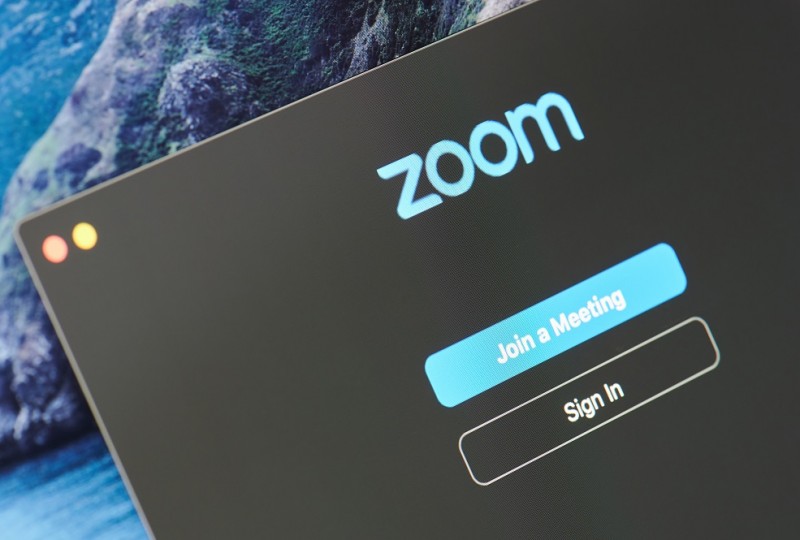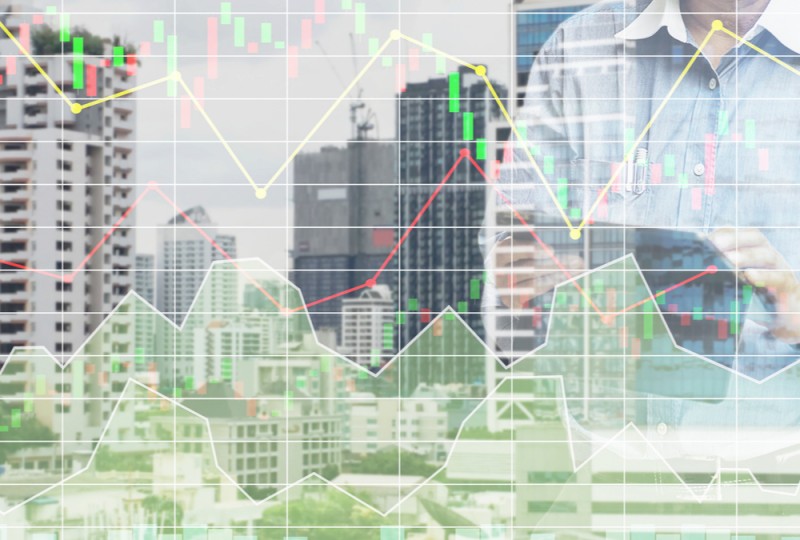FTSE 100 is the only index to have negative returns in 20 years among 5 largest indices

Over the last two decades, major stock market indices have had a positive Return of Investment (ROI) despite notable historical financial crises. Tracking the ROI of leading stock indices gives investors an idea of how to build their portfolios for future gains.
Data gathered by Buy Shares shows that between July 1st, 2000, and July 1st, 2020, FTSE 100 recorded the only negative ROI compared to other top indices. Our research overviewed the returns of Dow Jones, S&P 500, NASDAQ, FTSE 100, and Nikkei indices. According to the data, FTSE 100’s returns stood at -1.29% during the period under review. On July 1st, 2000, the index had 6,239 points which slightly dropped to 6,157.96 two decades later. United States-based NASDAQ index registered the highest return of investment at 156.03% with 3,966.11 points 20 years ago, while on July 1st this year, the points stood at 10,154.63.
Dow Jones had the second-highest ROI at 147.61% with 10,393.09 points as of July 1st, 2020. In July this year, the points had grown to 25,734.97. Elsewhere, the S&P 500 index with 1,442.39 points as of July 2000 has grown to 3,115.86. These points translate to an ROI of 116.02%. Japan’s Nikkei index had the fourth highest returns at 35.55% with 16,320.08 and 22,121.73 points between the period under reviews.

NASDAQ’s index registers biggest YTD returns
Our research also focused on the Return of Investment of the five indices based on Year-To-Date points. The data gives a reflection of the coronavirus pandemic impact on the economy considering that NASDAQ is the only index with positive returns at 13.17%. The S&P 500 had returns of -3.55% to emerging as the least impacted index.
Japan-based Nikkei index had a YTD returns of -6.48% followed by Dow Jones at -9.82%. On the other hand, FTSE 100 has recorded the worst returns at -18.35%.

Return of investment is a financial metric that is used to determine the probability of gaining a profit from an investment. The ROI which is expressed in percentages compares the gain or loss from an investment relative to its cost. This metric is important as it helps in evaluating the potential return from a stand-alone investment.
Despite having negative returns in the last two decades, the FTSE 100 index is staring at a bright future considering that the United Kingdom’s economy is planning to reopen as government measures to contain the pandemic begins to pay off. In the recent past, FTSE 100 risk sentiment was boosted by news of a possible coronavirus vaccine from Pfizer and Germany’s Biotech, which was found to be well tolerated in early-stage human trials.
Possible second stock market crash due to Covid-19 second wave
The five highlighted indices experienced historical lows due to the coronavirus pandemic. The stock market crash began early March this year in the wake of the Dow Jones Industrial Average, the NASDAQ Composite, and the S&P 500 Indices registering yearly high in February. As different countries flattened the curve, economies began reopening and the stock market reacted positively hence the NASDAQ’s positive YTD returns. Notably, most tech companies that fall under the NASDAQ index propelled the resurgence of the stock market. Tech companies were among the least impacted stocks in the wake of the pandemic.
The negative Year to Date return registered this year might extend in the coming months all due to the Covid-19 pandemic potential second wave. In the US, businesses had begun reopening but the resurgence in cases threatens another economic shutdown.
It is worth mentioning that the stock market had begun making gains following the government stimulus packages to the unemployed. However, the end of enhanced unemployment benefits, tied to the Coronavirus Aid, Relief, and Economic Security Act, has the potential of undoing the stock market gains. Furthermore, the United States trade war with China is still ongoing and combined with the effects of the pandemic, the stock market is staring at an elongated recovery time. In this case, any trade war escalation will be bad news for the stock market at an already difficult time.
Justinas Baltrusaitis







